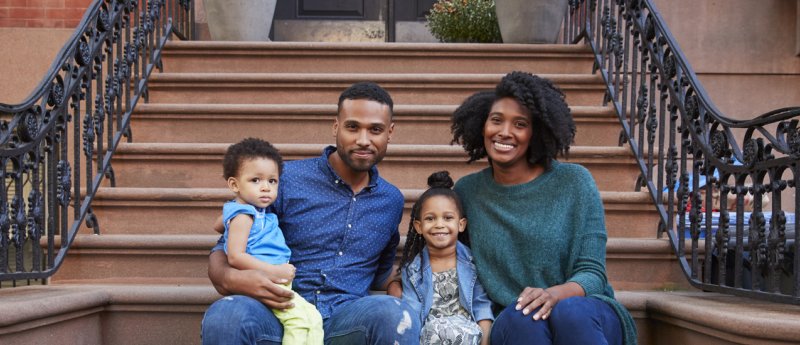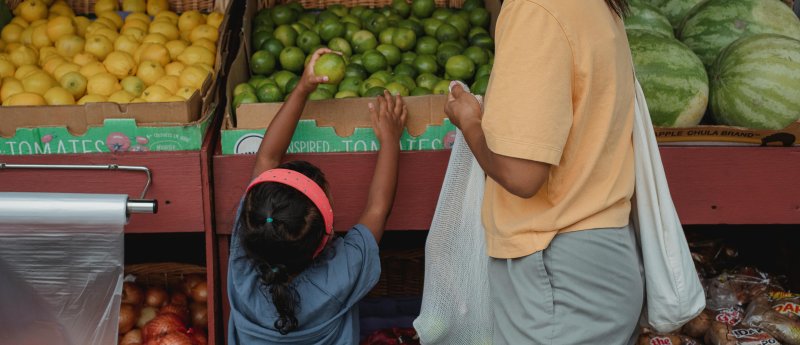 Income and Wealth
Income and Wealth
-
Income and WealthClosing the Wealth Gap: A Stakeholder Approach to Economic Mobility
The Closing the Wealth Gap Stakeholder Report examines the deep-rooted barriers that continue to prevent economic mobility for historically marginalized communities. It explores how discriminatory lending, wage disparities, and limited access to capital have widened the racial wealth gap, and offers a framework for policymakers, advocates, and community leaders to drive meaningful change.
February 10, 2025
|Evidence
| -
Income and WealthChicago Future Fund: The Impact of Guaranteed Basic Income on the Lives of Post-Incarceration Individuals
The Chicago Future Fund (CFF) is the first guaranteed income pilot program in the United States specifically for formerly incarcerated individuals. The program was first launched in 2021, providing monthly cash payments of $500 to 30 post-incarcerated residents of West Garfield Park.
February 4, 2025
|Evidence
| -
 Income and WealthPublic Banks for Public Good: Transformative Investments to Help Close the Racial Wealth Gap
Income and WealthPublic Banks for Public Good: Transformative Investments to Help Close the Racial Wealth GapDēmos and New Economy Project explore how public banking can expand opportunities for communities of color to build shared generational and community wealth.
January 22, 2025
|P4A Spark
| -
Income and WealthWant to Help Women? Get Rid of the Tipped Minimum Wage
This fact sheet by the Institute for Women’s Policy Research (IWPR) investigates the far-reaching consequences of the federal tipped minimum wage, which has remained stagnant at $2.13 per hour since 1991.
December 1, 2024
|Evidence
| -
 Turning research into actionIn Her Hands: A Path to Financial Security for Black Women in Georgia
Turning research into actionIn Her Hands: A Path to Financial Security for Black Women in GeorgiaThe In Her Hands (IHH) initiative launched in 2022 via a partnership between the Georgia Resilience and Opportunity Fund and GiveDirectly and provided guaranteed income to 654 low-income Black women in urban, rural, and suburban areas of Georgia over two years.
November 18, 2024
|P4A Spark
| -
Income and WealthHousehold Responses to Guaranteed Income: Experimental Evidence from Compton, California
This study examines the effects of a two-year unconditional cash transfer program, the Compton Pledge, on low-income households in Compton, California. Between 2021 and 2023, 695 households received cash transfers averaging $500 per month, while 1,402 households formed a control group.
November 15, 2024
|Evidence
| -
The California Reparations Task Force, established in 2020 under Assembly Bill 3121, examined the historical and present-day impacts of slavery and racial discrimination on African Americans in California, making recommendations for remedies and educating the public.
November 4, 2024
|Evidence
| -
Following California Governor Gavin Newsom's 2019 apology for genocide and historical injustices against Native populations, the State established the California Truth and Healing Council (THC) to create a holistic understanding of the historical relationship between California Native Americans and the State and make recommendations aimed at reparation and restoration.
November 4, 2024
|Evidence
| -
Turning research into actionAmerica’s Racial Wealth Gap: Why It’s (Much) Larger Than We Think
The team at Duke University’s Samuel DuBois Cook Center on Social Equity undertook a meta-study to identify commonly held beliefs about racial wealth inequality in the United States. Why do so many of us get it wrong?
October 15, 2024
|P4A Spark
| -
Income and WealthBuilding Black Wealth through Employee Ownership: A New Research Collaboration with Morehouse and UC Riverside
This blog originally appeared on June 3, 2024 on Project Equity's Employee Ownership Insider.
July 30, 2024
|P4A Spark
| -
Income and WealthAll Americans Deserve Paid Leave Benefits: Policy Options for Congress
This policy brief by the Institute for Women's Policy Research (IWPR) advocates for a comprehensive federal paid leave program, highlighting its necessity due to the uneven implementation of paid leave laws across states.
April 9, 2024
|Evidence
| -
Income and WealthDirect Cash Payments in the Next Recession
Researchers at the New School propose a new nationwide direct cash payments program that would automatically kick in when economic indicators point to a recession and phase out when the national unemployment rate begins to decline.
April 5, 2024
|Evidence
|